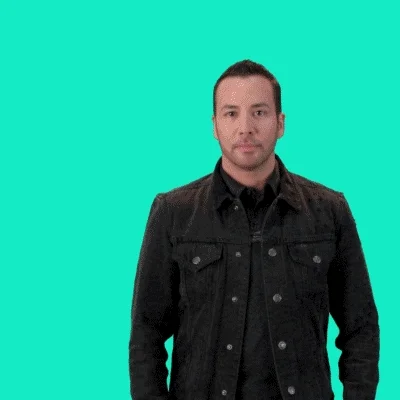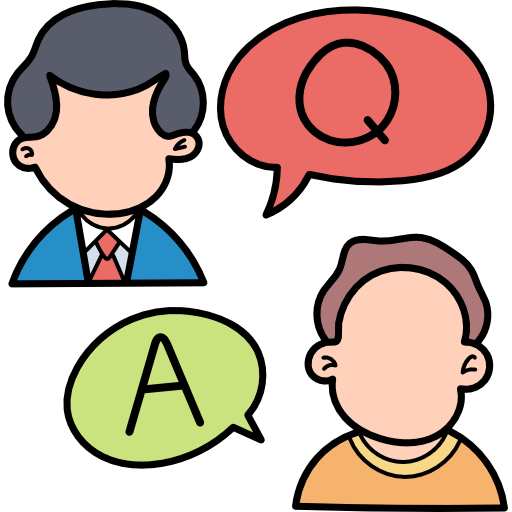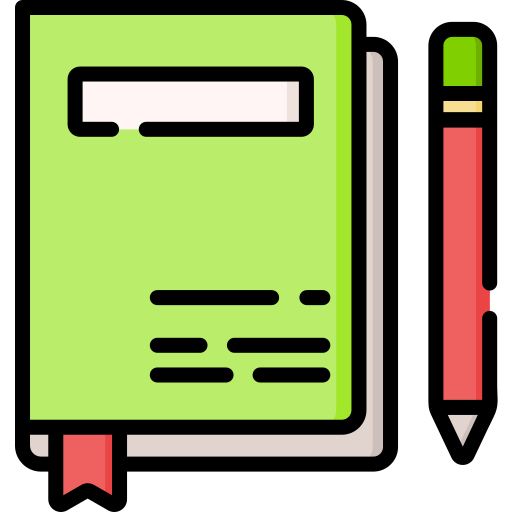
This logo isn't an ad or affiliate link. It's an organization that shares in our mission, and empowered the authors to share their insights in Byte form.
Rumie vets Bytes for compliance with our
Standards.
The organization is responsible for the completeness and reliability of the content.
Learn more
about how Rumie works with partners.
Would you like to grow to your full potential?
Students everywhere face the same challenges — exam anxiety, planning, competition, or distractions.
Knowing your personal strengths and weaknessescan benefit you academically in many ways.
 Photo by Laurenz Kleinheider on Unsplash
Photo by Laurenz Kleinheider on UnsplashKnowing your strengths will allow you to succeed where things come easy to you.
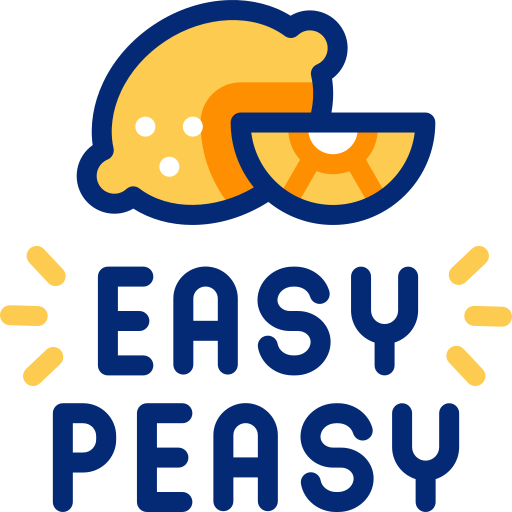
Knowing your weaknesses will show you where there is room for improvement.
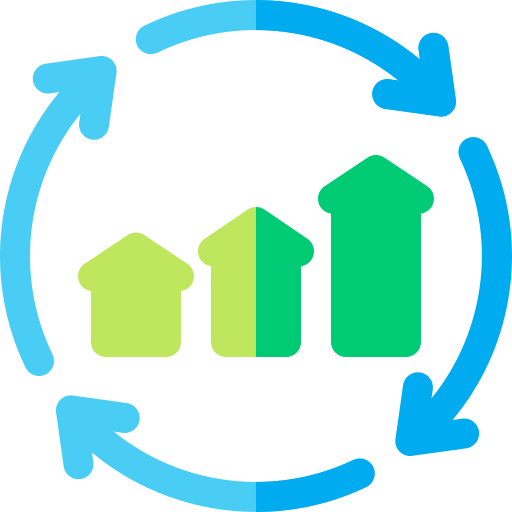
Why should I know my academic strengths?
Benefits of knowing your strengths
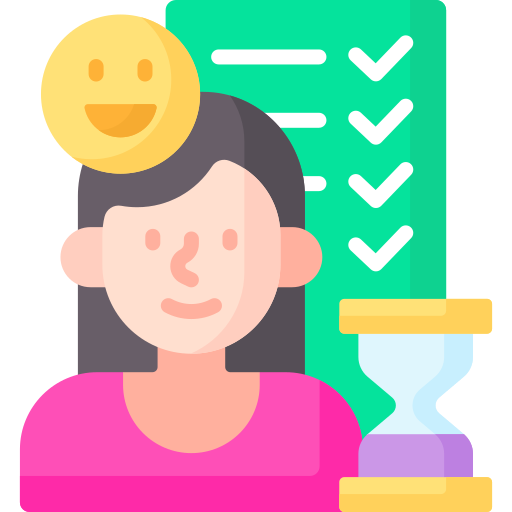
The better you know yourself, the easier it will be to plan for what you want to achieve.


Concentrating on your best qualities will help improve your motivation.

What are they key academic skills?
Academic strengths can be grouped into five categories:
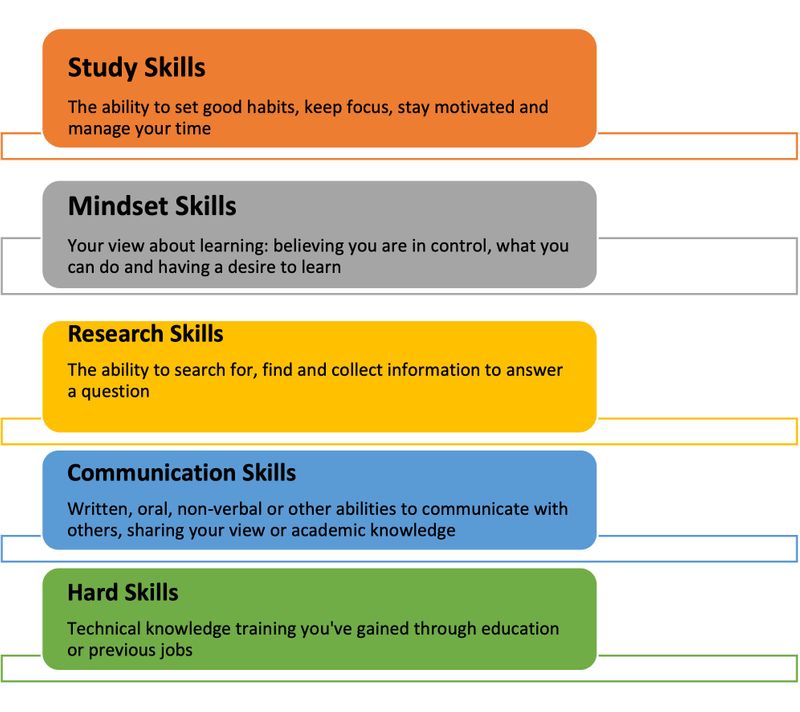
To hear an audio description of the text in the above image, click the play button on the audio player below:
Which of these academic skills are you best at in school?
Studying examples of possible academic strengths can be a good place to start:
Time management
Perseverance
Good reading and writing skills
Computer skills
Critical thinking
Effective communication
Multi-tasking
Most of these skills can be learned. Even if you don’t have them right now, you can develop them through hard work and dedication.
Quiz time!

Jeffrey is applying for post-graduate studies. He is relying on a strong academic application to stand out amongst the other students. Below are two sentences Jeffrey wrote regarding his academic strengths:
"When working with diverse groups I've continuously received compliments on my ability to convey information clearly and pay attention to others' needs."
"I am fluent in three languages: English, Spanish and French."
Quiz
What academic qualities has Jeffrey highlighted in his application?
Good communication skills refer to your interpersonal skills, like collaboration in groups. Speaking a language is an example of a hard skill.
What about my academic weaknesses?
Nobody is perfect. We all have strengths AND weaknesses!
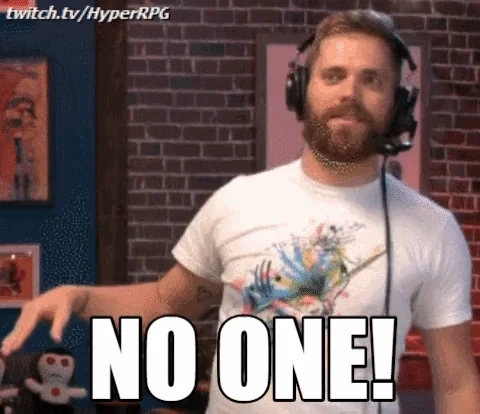
Our weaknesses are what we need to improve on to gain skills. There is always something we want to be better at, something we can work towards achieving.
Understanding your weaknesses will help you recognize the areas in which you still need to improve.
Don't look at your weaknesses with resentment...find solutions!
Recognizing your weaknesses is the first step towards turning them into strengths. Let's look at a few examples:
Procrastination
Leaving your work until the last minute will add to the overload and make you stress more.

How to improve:
Draw up a study plan, make lists, and do difficult work first.
Poor communication skills
Not only will it affect your academic achievement but also your involvement in group projects if you find it difficult to express your ideas in writing tasks or conversations.

What to do instead:
Become an active listener, develop presentation skills, study, and practice writing.
Poor time management
Not being able to plan for deadlines will cause your academics to fall behind and you may miss opportunities.
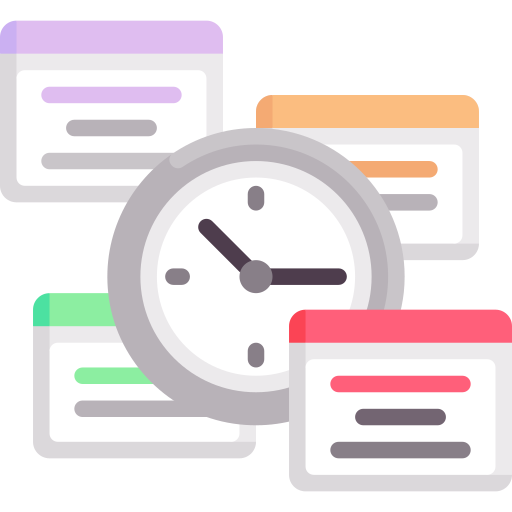 What to do instead:
What to do instead:
Manage distractions, set clear goals, and prioritize.
Impatience
Your biggest goals need patience and persistence for you to succeed.
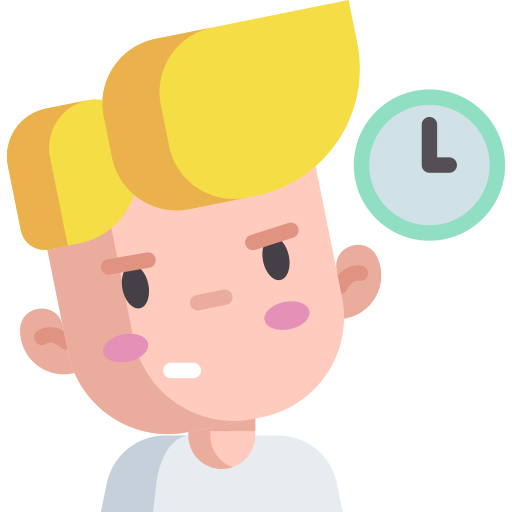
How to work on your patience:
Internalize your emotions and stop to look at the bigger picture.
How do I identify my strengths & weaknesses?
 Photo by Marten Newhall on Unsplash
Photo by Marten Newhall on UnsplashSelf-assessment
Ask yourself questions like:
Do I make clear, concise, and complete arguments with creative writing?
How do I react to constructive criticism?
How good are my problem-solving skills?
How organized am I?
Do I like public speaking?

How do I work on my academic weaknesses?
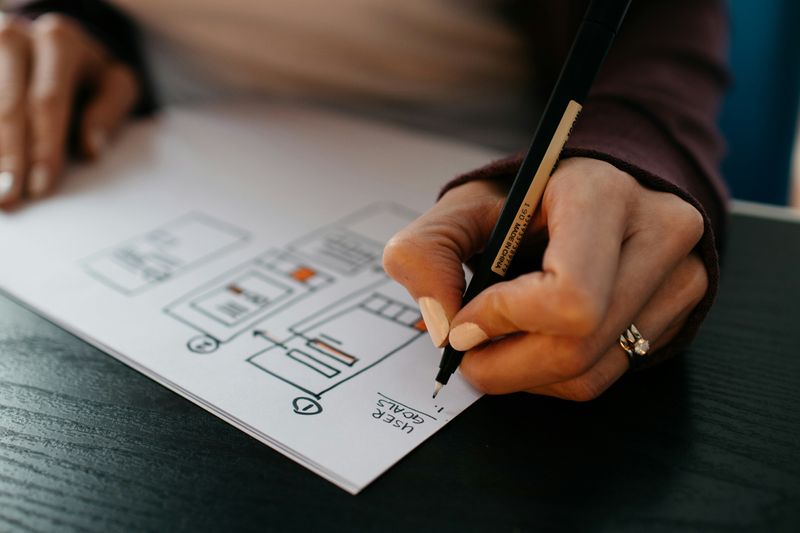 Photo by Kelly Sikkema on Unsplash
Photo by Kelly Sikkema on UnsplashChallenge yourself to become good enough in something.
Get advice from people who have the quality you lack.
Forgive yourself for setbacks — change takes time.
Get a routine — practice makes perfect!

Take Action
 Photo by Product School on Unsplash
Photo by Product School on UnsplashIdentifying your personal strengths and weaknesses in academics can help you set specific goals, prioritize your happiness, and build your resilience.
Be proactive!
This Byte has been authored by
Helouise Leith
Teacher, Post-Graduate Student
B.Consumer Science, PGCE
